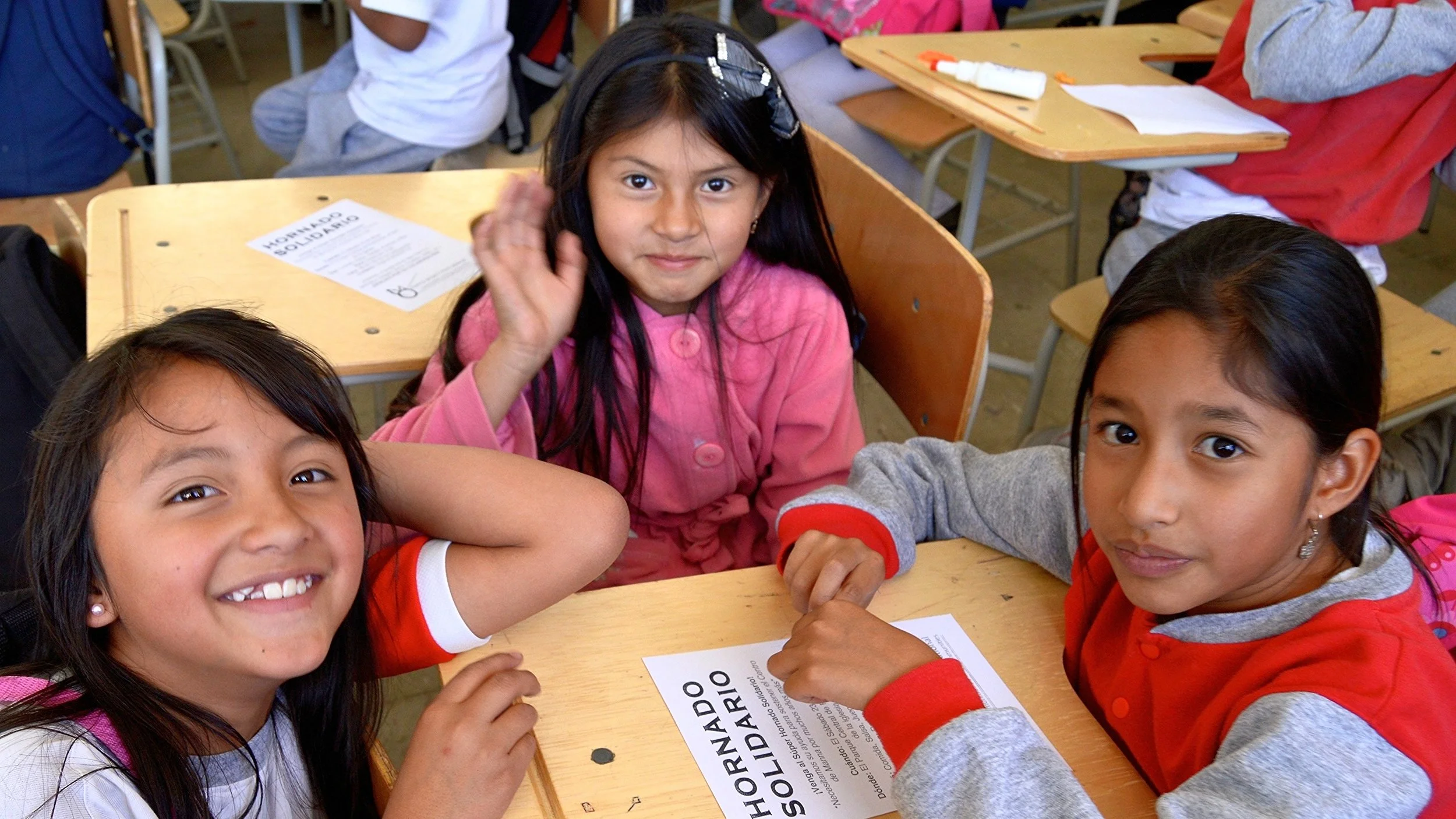Nearly a billion people Entered the 21st century unable to read a book or sign their names - 2/3 of them are women
If all children in low-income countries learned basic reading skills, 171 Million people could be lifted from poverty
A child born to a literate woman is twice as likely to survive past the
age of 5
Data for Ecuador Education at large
22,850 illiterate youths ages 15-24 (2017)
29.5% of secondary school teachers have not received the minimum teacher training required for teaching at their level
Ecuador Education Programs
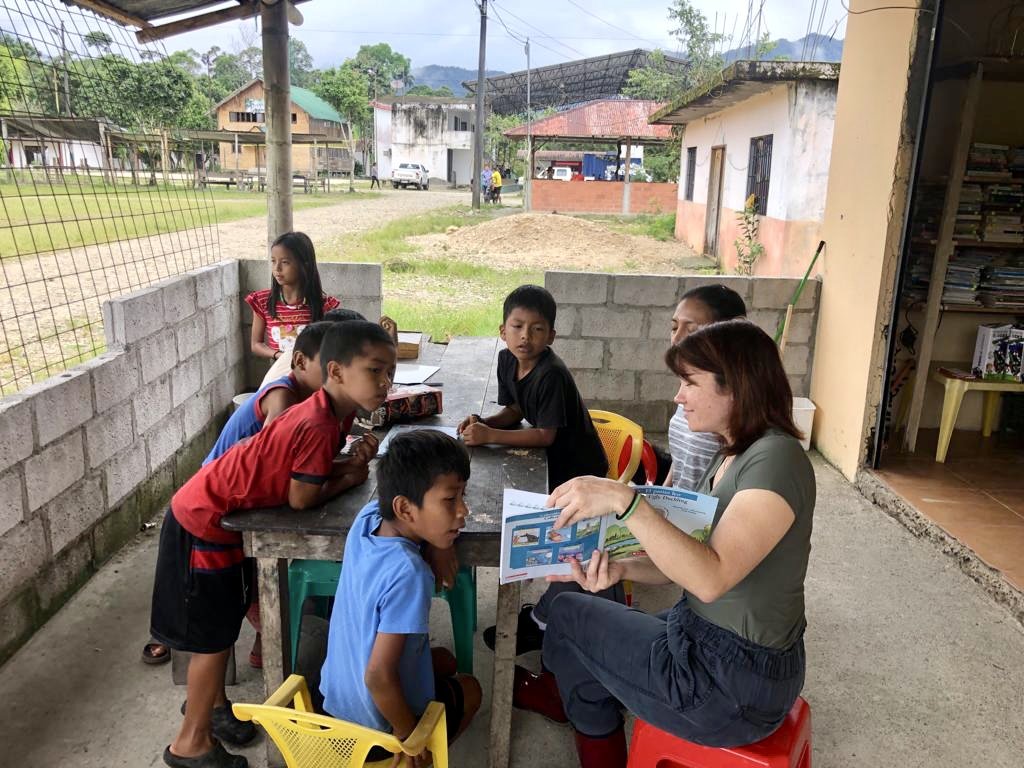
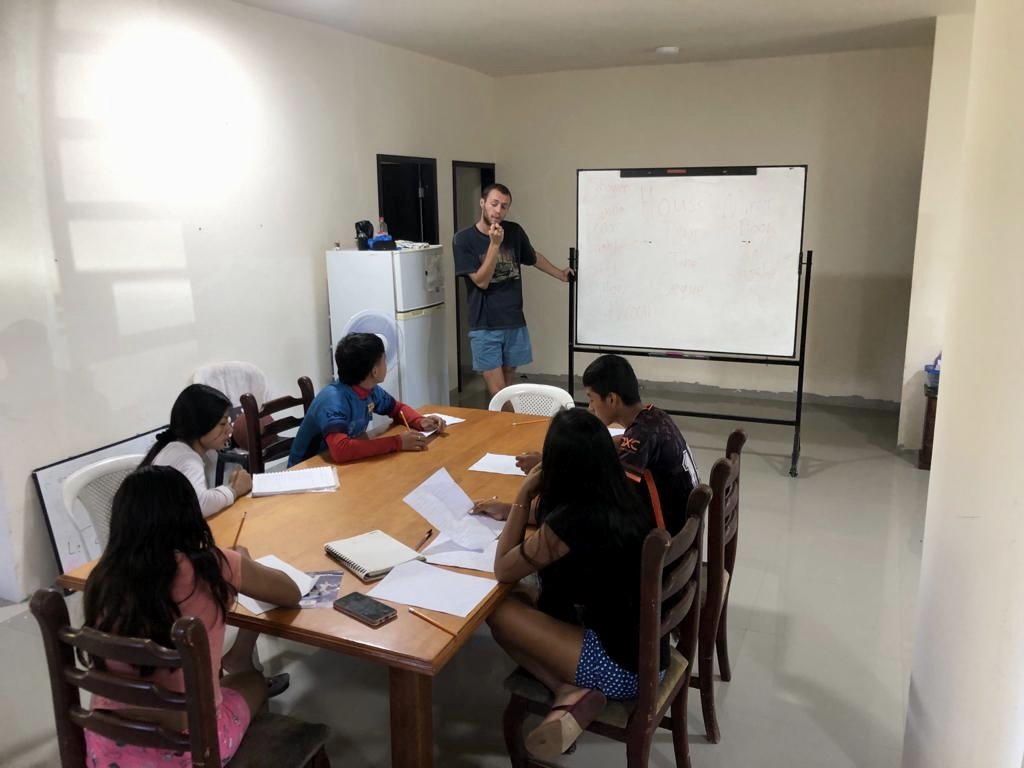
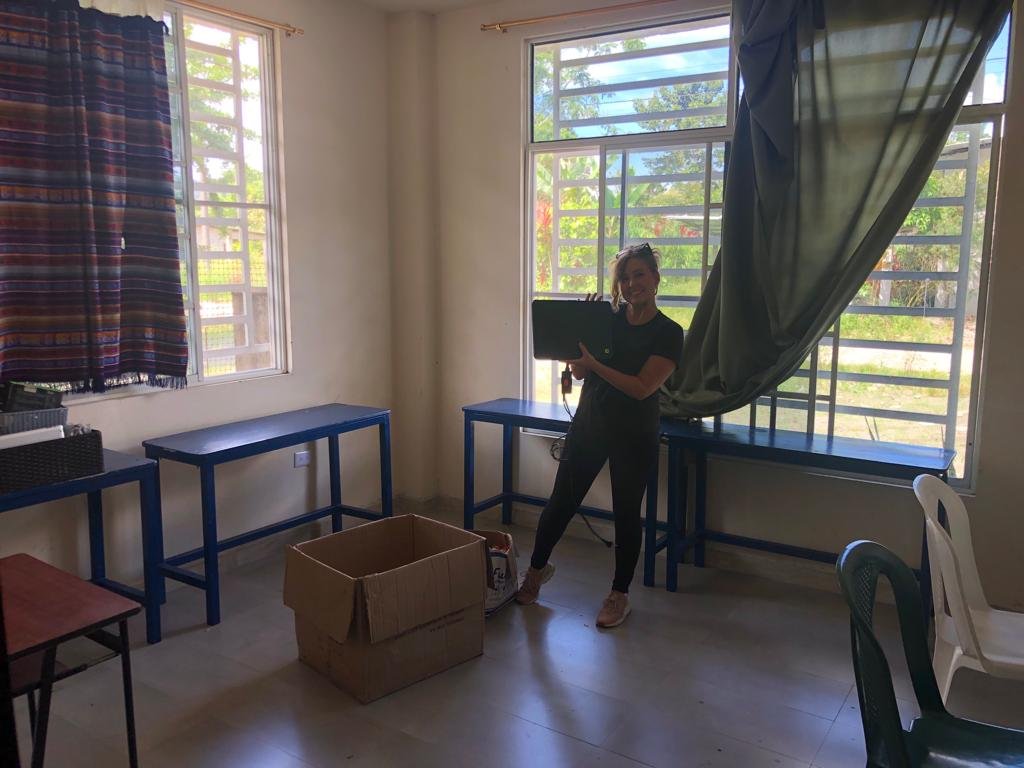
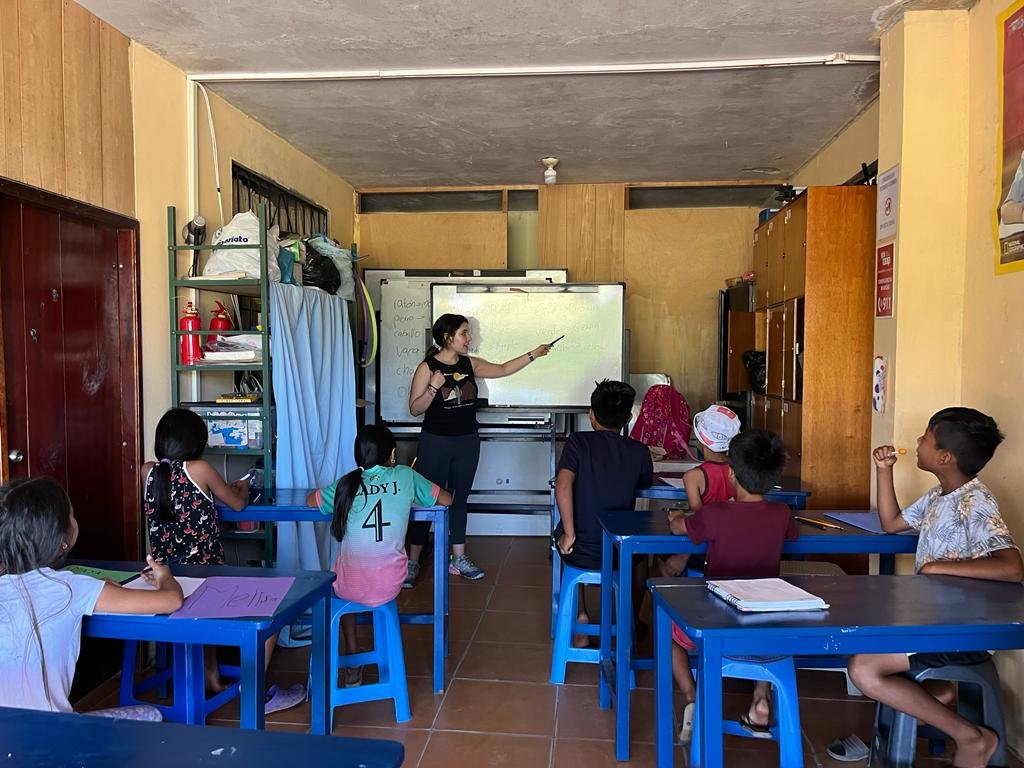
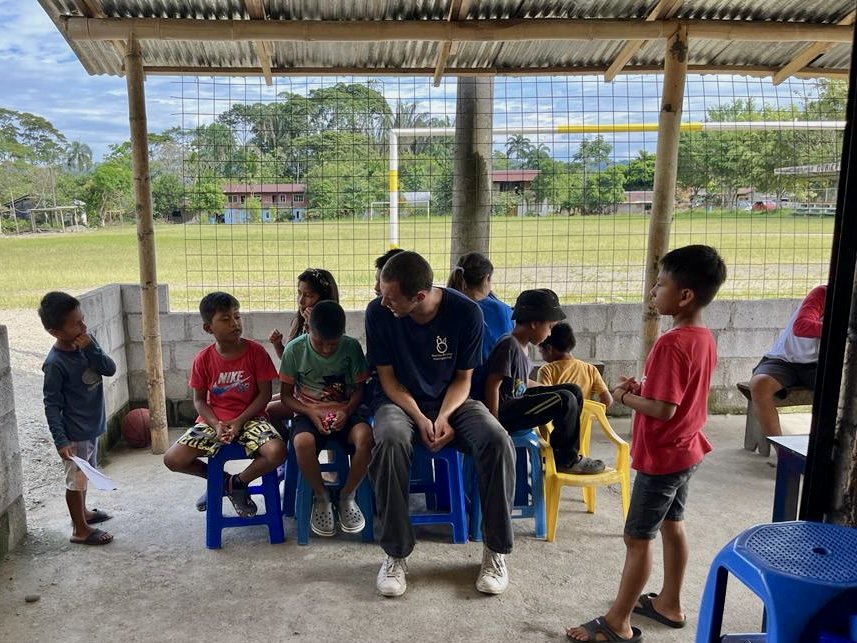
Education changes people’s lives around the world every single day. It can change the way we think, make us more open to people who are different than us, make us proud of who we are and appreciate what our ancestors have endeavored to bring us here, or it can teach us how to be good neighbors to one another and how to advocate for and support one another.
Manna is proud to support education in the Tena area in a variety of ways. In multiple of the Indigenous Kichwa villages in and around Tena, Manna has a presence supporting the various educational opportunities that are available to students of all ages as well as Manna’s own programming that has been developed in collaboration with the local communities. In Shandia, you can find Manna volunteers assistant teaching in the classrooms during the day - helping lesson plan, come up with ideas for topics, grade papers, or run the class - and in the afternoon running their own English classes for adults, telling stories to kids from the neighborhood, or helping students with homework problems.
Manna strongly believes that the classroom is wherever the students are.
Knowledge of English can open a door to economic growth and sustainability in Ecuador. With higher levels of English, people can work in tourism, call centers, and any number of companies that work with international partners in the country. In an area like the Amazon Rainforest, where ecotourism is booming, it can be the key to finding jobs, higher pay, and being able to work with people from diverse areas. It is particularly important to Indigenous peoples in the Amazon Rainforest, like our community in Shandia. Throughout the years, the interest in tourism in the Amazon Rainforest has grown largely, but Indigenous communities, who often have some of the highest rates of poverty and lowest rates of education, are not included in the financial benefits of the growth in tourism.
Having access to English for many Indigenous communities can mean increased economic opportunities, but it can also mean the
empowerment to share their culture the way they would like to share it. It means showing people first hand the medicinal plants that their ancestors’ have cultivated for centuries, the rivers that they call home, and the artisanal goods that are made from plants that grow in their backyards.
Manna is currently working with Indigenous leaders in the Shandia educational system, of the group of female artisans, and from Iliyaku’s public health organizations to create English classes, health and nutrition classes, sports classes, computer literacy classes, and more that will address the economic disparity between the Indigenous groups in the Amazon Rainforest and the rest of Ecuador and empower our neighbors and partners to make changes in the Amazon Rainforest and beyond.
"Speaking English opens up so many opportunities - jobs, travel, schools - that would not be possible without it."
- Polo,
Ecuador Program Participant
"The Convention on the Rights of the Child is clear: Education is the foundation of a free and fulfilled life."
- UNICEF,
The State of the World's Children

